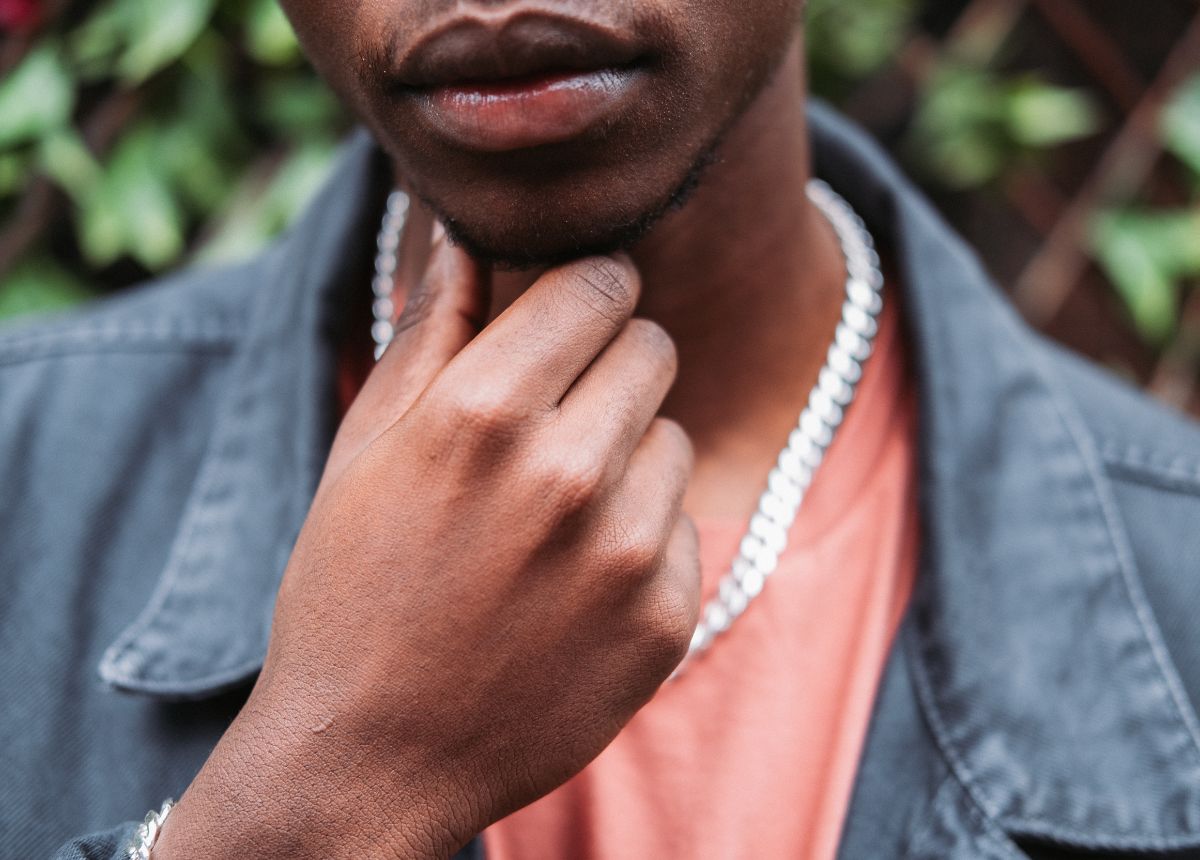This is the second of a two-part blog answering some of the most frequently asked questions we get on social media about our No Pride in Detention campaign.
How many people in immigration detention are LGBTQI+?
We cannot be sure of how many LGBTQI+ people are in detention, because this government does not collect or monitor the data.
The Home Affairs Select Committee has criticised the government for not collecting data on this, as it makes it impossible to accurately identify how many LGBTQI+ people are being detained.
What we do know is that even one LGBTQI+ person being locked up for months on end and subjected to bullying, is one too many.

Is there anything official, or any studies, which prove that LGBTQI+ people face violence in detention centres?
Together with Stonewall, we published No Safe Refuge in 2016. The report highlighted the systemic discrimination, abuse and harassment that LGBTQI+ people seeking asylum faced both by staff and other people detained. The findings were stark – they faced physical and verbal abuse, deteriorating mental health, inadequate medical care and discriminatory attitudes from staff.
Earlier this year, the University of Brighton published a pilot study that found that UK detention centres continue to be very dangerous places for LGBTQI+ people, with participants reporting attacks from other detained people and inaction from staff in the face of escalating abuse.
On top of the UK evidence, similar conclusions have been reached internationally. The International Detention Coalition published a report in June 2016 reiterating that marginalised individuals should never be placed in immigration detention. Their report found that “LGBTQI+ persons face heightened levels of harassment, discrimination, psychological abuse, physical and sexual violence by detention staff as well as other detainees. They are frequently segregated in conditions falling below those of the general detainee population and well-established international standards, or are subjected to policies of solitary confinement, which have been shown to have severe mental and physical health consequences. Almost universally, LGBTQI+ people in detention are in situations of extreme vulnerability”.
And in its detention guidelines, the UNHCR (the UN agency responsible for monitoring and protecting refugees) warns that measures must be taken to avoid exposing LGBTQI+ people to the risk of violence or abuse in detention. Where their safety cannot be ensured, alternatives to detention must be considered. The guidelines suggest that LGBTQI+ people should never be kept in isolation or confinement, that all detention staff should be aware and trained in issues relating to LGBTQI+ people, and that LGBTQI+ people should have access to appropriate healthcare and counselling.
What would a victory look like for you and your campaign?
A win would mean lesbian, gay, bisexual and queer people are included in the Adults at Risk Policy. We also need to see improvements to that policy, to ensure that those at risk of harm are correctly identified and excluded from detention.
Ending the detention of LGBTQI+ people who are fleeing persecution in their home countries would help keep them safer in the UK. No-one should be locked away as punishment for seeking safety. Supporting people in the community would give LGBTQI+ people the chance to live with dignity and to be open about who they are while they pursue permission to stay in the UK. It would give them a better chance to gather evidence and find appropriate legal representation for their claims.
We also want the government to set a time limit of 28 days on all detention, to limit the harms that it is causing to everyone affected – not just the LGBTQI+ community.
These wins would be the start of a much-needed overhaul of the UK’s asylum and detention system. We hope it would lead on to meaningful investment in alternatives to detention, declining numbers being detained, and ultimately the end of the use of immigration detention in the UK.
Was this blog helpful? If so, you can read the first part of the blog. And if you want to take action, you can ask your MP to oppose LGBTQI+ detention.
